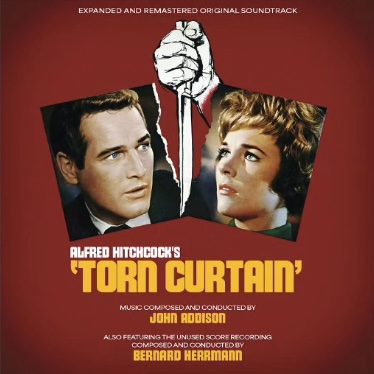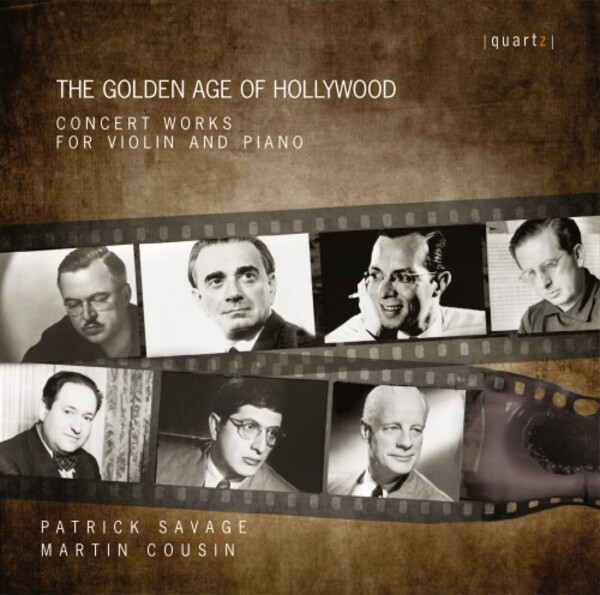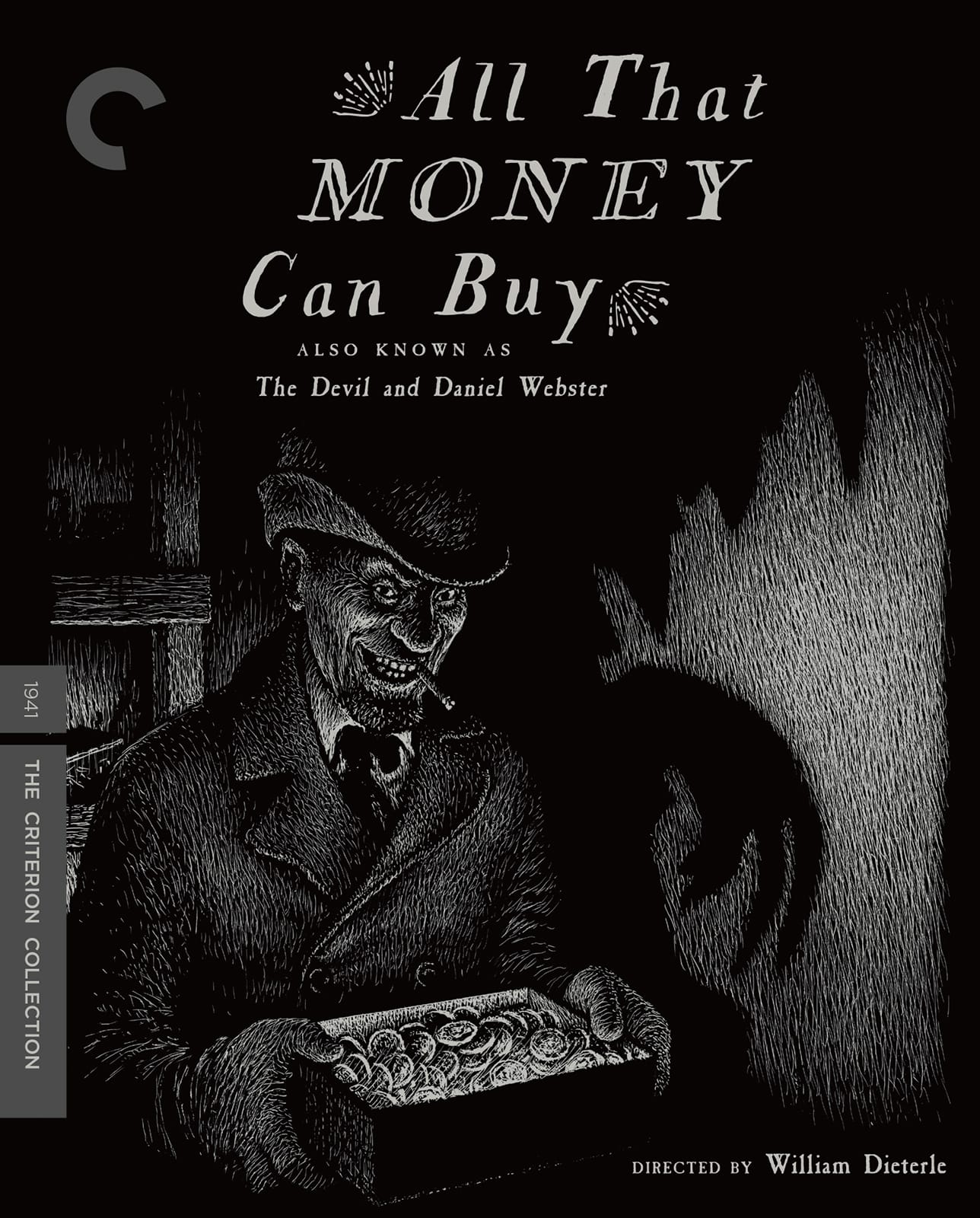When Benny Herrmann wrote the cantata Moby Dick he had a personal connection to the material. Besides the fact that he had read the book – his father served on two whaling vessels when young.
The first time was when his father Abram ran away from home and went to Odessa. He supposedly talked a whaling captain to take him on green. Finding the condictions severe Abram jumped ship in Hawaii. He worked as assistant overseer on a sugar plantation for several years till he lost his job as many plantations closed due to the Mckinley Act.
Abram shipped out again on the whaler The Alexander on 17 March 1892 and wrecked on St Paul’s Island in the Bering sea after only about a month at sea. The crew made it to shore and after 6 rough weeks were rescued by the ship SS Bertha. The crew was then dumped at Unalaska for another week or so then taken back to civilization at Ft. Townsend, Washington USA. These stories told by Abram Herrmann fired the imagination of his two sons Bernard and Louis.
Danger, adventure and exotic locations–how could they not be an influence on his sons. In later years Bernard’s brother Louis had a model builder make a copy model of the boat.
The above comes from family stories and my geneology research, newspaper interveiws with captains involved with the ship rescue and an interveiw with August Dardek which was the name Bernard’s father was using at the time. I am a great grandson of Abram Herrmann (Bernard’s father) and a great nephew to Bernard.

It’s a little known fact that Bernard Herrmann’s name was not his legal name. Lets start with Benny’s father Abram Herrmann. Abram was born Avram Dardik but in Russian records is Abram Moskovitch Dardik. When Abram first arrived in America in 1892 he called himself August Dardek.
I am led to believe in fear of an immigration problem after he was critical of the US Navy in a news interveiw, Abram for a brief time called himself Abram Finkelpearl. Finkelpearl was his mothers surname.
On arriving in Pittsburgh Abram met his mother’s cousin Herman Finkelpearl. Herman told Abram–why go by Finkelpearl, a name that’s strange to Americans. Why not go by a German name which is more acceptable in this country–thus Bernard’s father became Abram Herman. After many years Abram doubled the R and the N to Herrmann because it was more fancy and looked better.
Bernard Herrmann was born Max Herman on June 29, 1911. I don’t know why Abram chose the name Max but it might have been in honor of one of his closest friends Max Robin. Max Robin was a possible cousin of Abram’s and was married to one of his Finkelpearl cousins. Max had helped Abram when he first came to Pittsburgh and introduced him to his first wife. Max, who later like Abram moved to New York, was the father of Leo and Nate Robin and Leo in particular was a noted lyricist. The Robin’s remained close to the Herrmann’s for a long time.
Anyway, back to Bernard (Max)–Abram after they brought Max home from the hospital had a change of heart and decided not to call him Max. They chose Bernard but occaisionally teased him about the ‘Max’. He hated the name Max probably because of the childish teasing. As an adult another composer named Bernard Herrmann was coming out with a release and in anger Bernard felt he should sue over the use of his name till reminded [he] was not born Bernard but Max Herman.

Much has been made through the years about Bernard Herrmann’s temper and it’s effect on people and sometimes his career. I would like to pass along a few facts, opinions and observations.
Benny’s temper was not unique in his family. His father and his grandfather are known to have had similar explosive tempers. I call it an extreme anger inappropriate to the given situation. A few family members call it the Dardick temper and various family members and descendents of Benny’s grandfather have had it.
At worst the face reddens, a string of curses ensue, muscles tense, a roaring insult and the body trembles with rage. Most people whithered before that anger like a physical force. In truth, Benny and the others who pocessed this temper were often sorry not for their anger but for thier exteme response; but to proud to admit it. What triggers the anger is different to each individual. Benny’s music was his life so often something music related was the trigger, but many other small things could sometimes also be. I am not saying the anger was a genetic problem, bio chemical, or environmental–it could be any of these or a combination.
The Dardick-Herrmann family was made up of dynamic and argumentative personalities. It’s said that Benny’s father Abram often had one of his brothers’ or sisters’ families over to dinner. These dinner affairs would often turn into loud arguements till Abram blasted them into quiet. Abram himself had run away from home at age 18 after a terrific argument with his father. It seems Abram had dressed up in his suit, hat and cane and gone out on the town on the sabbath. On Abram’s return home his father had screamed his anger at his son who had no respect for family or torah. Abram never had a good relationship with his father again and professed himself an atheist banning talk of religion around him at home and at the dinner table.
In this environment it seems Benny more than his other siblings took on some of his fathers characteristics. I would like to suggest that some of these personality traits that people have looked on as flaws helped to make him the great composer that he became. Strong opinions, argumentative, belief in himself, belief in his music, made him wage war with any who didn’t see it his way. In his early radio career when told he had access to a vast amount of already written classical music–he preferred writing orginal compositions and creating mood with sound to match the action of the script. He transferred the same technique to film. I believe he is quoted somewhere as saying he felt there was little or no difference in composing music for radio and composing music for film.
The book Musician – A Hollywood Journal by Lyn Murray seems to give a good look at what it was like to be a close friend of Benny. It has stories of good conversation, laughter, Benny giving help to a friend, and yes–arguements too.






![The Man Who Knew Too Much – 4K restoration / Blu-ray [A]](../../wp-content/uploads/2023/11/TMWKTM-4K.jpg)
![The Bride Wore Black / Blu-ray [B]](../../wp-content/uploads/2023/07/BrideWoreBlack.jpg)
![Alfred Hitchcock Classics Collection / Blu-ray [A,B]](../../wp-content/uploads/2020/07/AHClassics1.jpg)
![Endless Night (US Blu-ray) / Blu-ray [A]](../../wp-content/uploads/2020/03/EndlessNightUS.jpg)
![Endless Night (UK Blu-ray) / Blu-ray [B]](../../wp-content/uploads/2019/12/ENightBluRay.jpg)